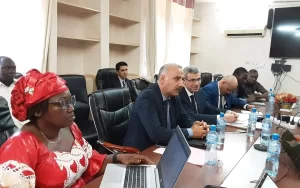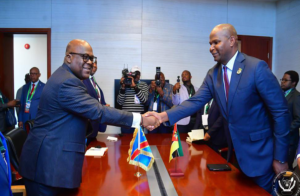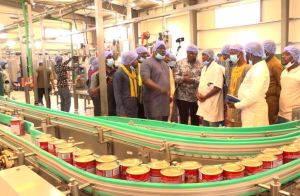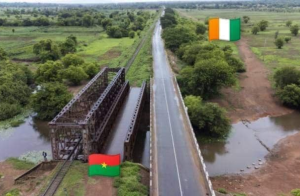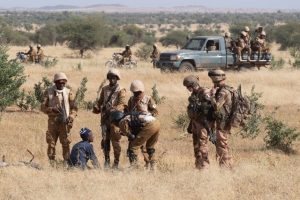Burkina Faso/Attack in Barsalgho: Is ECOWAS’s reaction hypocrisy or sincerity?
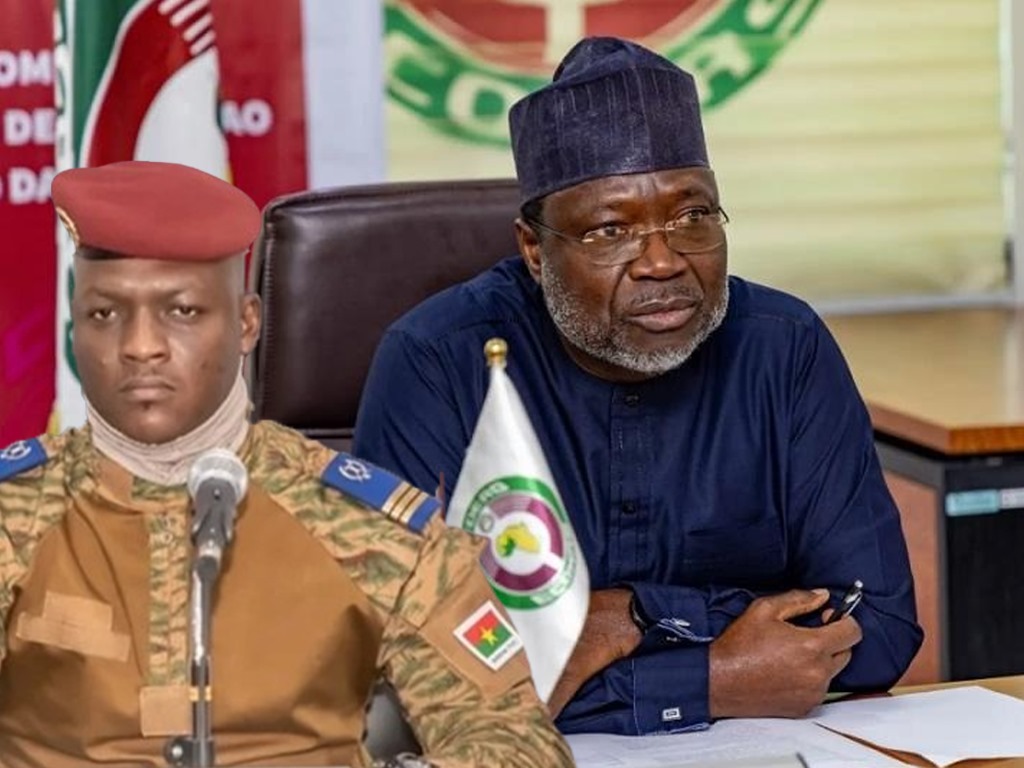
For several months now, the West African organization ECOWAS has been displaying a superficial solidarity with the member countries of the AES Confederation in their fight against terrorism. In response to each security crisis, the organization issues statements expressing its support for the affected populations.
A recent example of this practice occurred following the massacre of civilians in Barsalgho, located in the Center-North region of Burkina Faso.
On August 29, 2024, the ECOWAS Commission condemned “in the strongest terms the barbaric attacks carried out by terrorist armed groups (…)”.
However, this statement has not escaped criticism. For a long time, ECOWAS has been accused of remaining passive in the face of the security challenges that plague the countries in the region, particularly those in the Sahel.
Increasingly, voices are being raised to question the sincerity of these declarations of support. Many believe that ECOWAS is merely fulfilling a formal obligation, without genuine empathy for the suffering of the affected populations.
The existing tensions between the organization and certain member states, particularly Burkina Faso, fuel these suspicions.
According to some analysts, ECOWAS shows a clear indifference toward the anti-terrorism efforts undertaken by these countries.
In its latest statement, ECOWAS reiterated its “determination to work alongside the states of the sub-region to eradicate terrorism, notably through the ongoing activation of the ECOWAS counter-terrorism force.”
However, this promise has been met with skepticism. For many, it is hard to take seriously an organization that, just a few months ago, seemed more prepared to militarily intervene against Niger than to mobilize against the terrorist groups threatening the region.
Critics point to ECOWAS’s inaction regarding the aspirations of the community’s peoples for genuine independence and sincere regional integration.
Far from providing concrete support to states in distress, the organization appears to be content with symbolic gestures, deemed insufficient by many observers.
Ultimately, these ECOWAS communiqués are perceived as purely formal actions, lacking the real political will to change the situation on the ground.
Fatou KODIA








